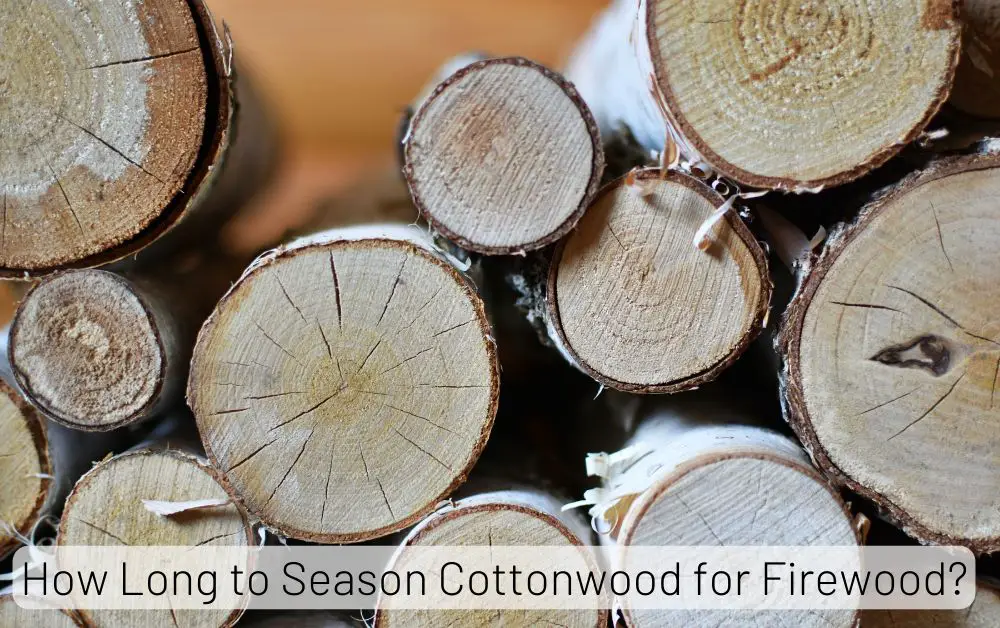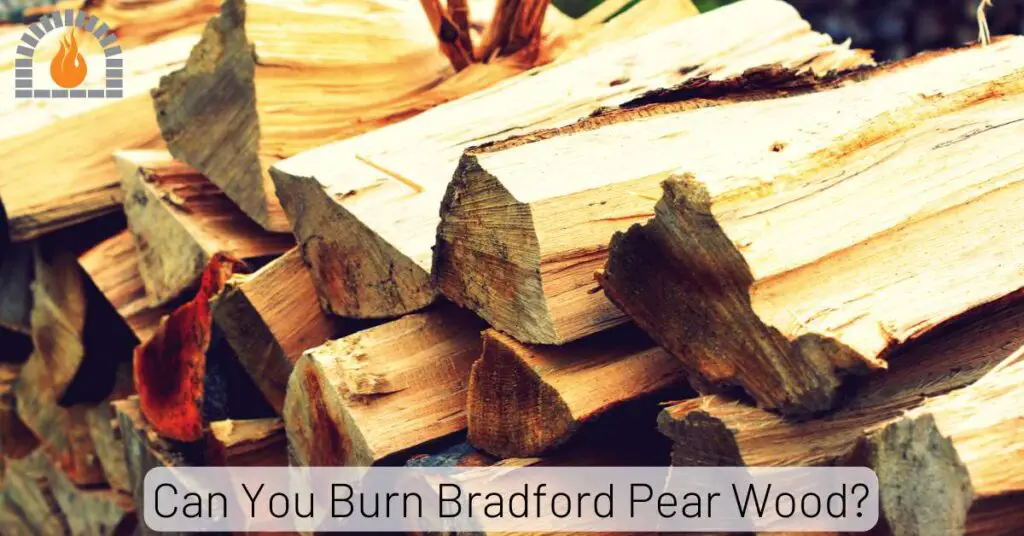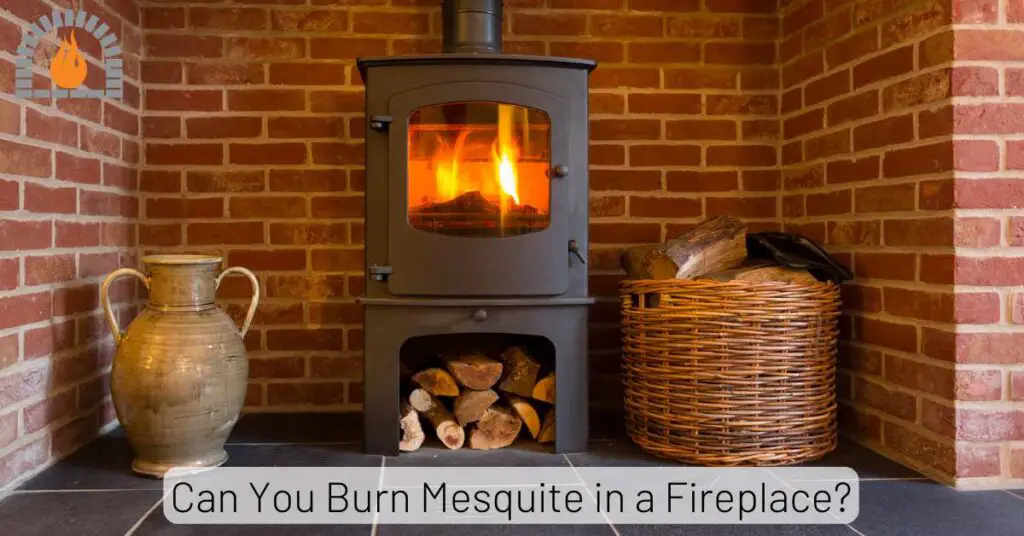Black walnut (Juglans nigra) is a hardwood tree native to North America. It’s prized for its rich, dark-brown color, straight grain, and strength renowned for its beauty and durability, often used in fine furniture and woodworking. But what about burning it? Is it safe to burn black walnut wood?
While it’s tempting to toss those offcuts or old scraps into your fireplace or firepit, there are critical health and environmental factors to consider before striking a match.
Overall, while black walnut can serve as firewood, its lower heat output and specific burning qualities make it less popular compared to other hardwoods. If you have properly seasoned black walnut available, it can still provide a satisfactory burning experience.
Burning black walnut wood involves more than just getting rid of waste; it’s about understanding the risks involved for humans, pets, and the environment.
Let’s dig deeper into whether this hardwood is a good candidate for firewood and what precautions you need to take.
Overview
| BTU Rating | Approximately 20 million BTUs per cord |
| Burning Time | Moderate; requires careful management for steady burn |
| Smoke Production | Produces moderate smoke; relatively clean burning |
| Coal Production | Produces a moderate amount of coals |
| Ease of Splitting | Generally easy to split, especially when seasoned |
| Ease of Seasoning | Requires about 12 months for optimal seasoning |
| Sparking | Low sparking potential; burns relatively quietly |
| Odor | Mild, pleasant odor when burned |
| Ash Production | Low ash residue |
| Durability | Highly durable; resistant to decay and pests |
Can You Burn Black Walnut Wood?
Yes, you can burn black walnut wood. Black walnut typically has a medium to low BTU output, providing around 20 million BTUs per cord, it burns relatively cleanly and produces a pleasant aroma, it may not produce a strong flame and can be challenging to ignite and maintain, especially if not adequately seasoned.
Proper seasoning, which usually takes about 12 months, is essential for optimal burning efficiency.
Is Burning Black Walnut Wood Toxic?
No, burning black walnut firewood is generally not considered toxic to humans, although it does contain a chemical called juglone, which can be harmful to certain plants and animals, particularly horses when used as bedding. Juglone is present in various parts of the black walnut tree, including the leaves, bark, nut hulls, and roots.
It’s advisable to avoid inhaling smoke or dust from the wood. Some individuals may experience allergic reactions or sensitivities to walnut dust or smoke most people can burn black walnut without adverse effects.
When black walnut wood is burned, the juglone breaks down in the fire, and the resulting smoke and ash are not more toxic than those produced by burning other types of wood.
It is important to note that inhaling smoke from any wood can be harmful over prolonged exposure due to general particulate matter and other compounds produced during combustion.
Therefore, while burning black walnut wood is not inherently toxic, it is advisable to ensure proper ventilation and avoid excessive exposure to smoke.
Is It Safe to Burn Black Walnut Wood?
Burning black walnut wood isn’t as straightforward as tossing it into the fire. The smoke can release toxic compounds such as juglone , posing risks to respiratory health, especially for those with pre-existing conditions like asthma or allergies.
Compared to woods like oak or cherry, black walnut has additional considerations due to its chemical content. While all wood smoke is harmful to some degree, black walnut contains juglone, which can exacerbate the risks.
Never burn black walnut wood in garages, basements, or other confined areas. The buildup of carbon monoxide and other toxic gases can be life-threatening.
Black Walnut Firewood Pros & Cons
| Pros | Cons |
|---|---|
| Black walnut splits easily, making it convenient for firewood preparation. | Produces moderate heat (around 20-22 million BTUs per cord), less than oak or hickory. |
| Emits a sweet, earthy fragrance when burned, enhancing the ambiance of a fire. | Black walnut can be pricier compared to other common firewoods. |
| When properly seasoned, it produces minimal smoke, reducing creosote buildup in chimneys. | The ashes can harm certain plants due to the presence of juglone, which can stunt growth. |
| Provides a steady burn, suitable for both short and longer fires. | Due to its lower heat output and flavor profile, it’s not recommended for cooking purposes. |
| The dark wood creates a beautiful display in fireplaces. | May not be as readily available as other hardwoods, depending on the region. |
Potential Toxicity Risks of Black Walnut Wood Smoke
-
When burned, black walnut releases carbon monoxide, fine particulate matter, and other toxins. The chemical juglone, found in the wood, can add to the toxicity of the smoke.
-
Exposure to black walnut smoke may cause irritation to the eyes, nose, and throat. Prolonged exposure can lead to more severe respiratory issues, particularly for children, the elderly, or individuals with asthma.
-
Those with sensitivities to wood smoke or tree-derived chemicals may experience heightened symptoms when exposed to black walnut wood smoke.
How to Safely Burn Black Walnut Wood
-
Walnut firewood should be properly dried, or “seasoned,” for at least 6–12 months to minimize moisture content. Wet or green wood produces excessive smoke and pollutants.
-
Burn black walnut wood in a well-ventilated outdoor area or a wood-burning stove or fireplace with an efficient chimney system. Avoid using it in open indoor fireplaces without adequate air circulation.
-
Invest in equipment such as HEPA filters, carbon monoxide detectors, and protective face masks to minimize exposure to harmful particulates.
FAQs
Can black walnut wood smoke harm children?
Yes, black walnut wood smoke contains toxins that can irritate children’s respiratory systems and exacerbate conditions like asthma.
Is black walnut wood good for outdoor bonfires?
While it’s dense and burns well, the toxins in its smoke make it unsuitable for prolonged exposure, even outdoors.
Can I use black walnut wood ash in my garden?
Black walnut ash contains juglone, which is toxic to many plants. Use caution when applying it to your garden and avoid areas with juglone-sensitive plants.
What is the best way to repurpose black walnut wood scraps?
You can use scraps for woodworking projects, carving, or crafting decorative items. It’s a sustainable way to reuse high-quality wood.
How do I identify black walnut wood from other woods?
Black walnut wood has a rich, dark-brown color with a straight grain and a smooth texture. It is heavier and denser than many other hardwoods.
Affiliate Disclosure: Fireplaceadviser.com is a participant in the Amazon Services LLC Associates Program. We may earn a commission when you click on certain links on this site and purchase.

Hello!! I am Jamal Khan. I often fix my home electric heaters and gas stove problems and research the common issues in the heating units to improve my knowledge and expertise. The aim of establishing fireplaceadviser.com is to share my expertise and knowledge with my audience.


















